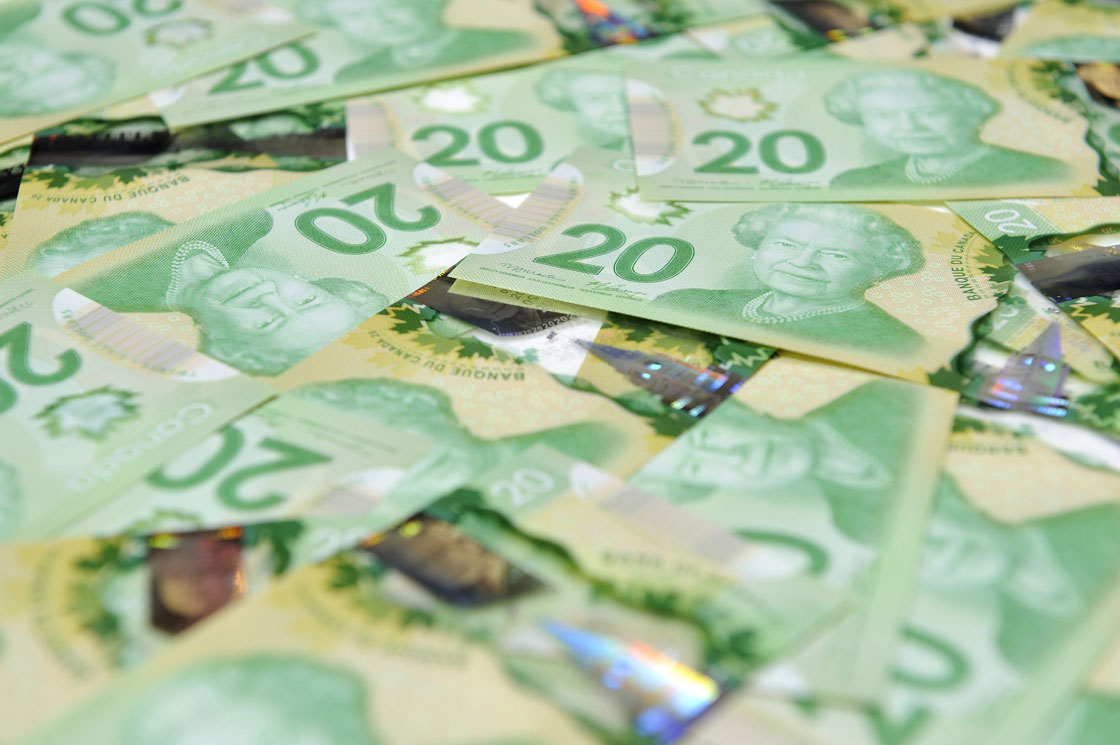OTTAWA – A massive data leak has revealed hundreds of offshore accounts held by Canadians, but critics aren’t convinced that new federal measures aimed at tax cheats will find or recoup any losses among the transactions.

“This is definitely a lead for them to follow up, but I don’t think they have the capacity to do that,” said Dennis Howlett, executive director of Canadians for Tax Fairness.
An international investigation into the leak by journalists around the world, including the CBC, shed light on 130,000 people with overseas accounts, including 450 people in Canada.
National Revenue Minister Gail Shea is calling on the journalists to hand over the list.
“Anyone with information on tax cheats has an obligation to bring it forward,” she said in a statement. “The release of this information is good news for the hardworking Canadians who pay their fair share. This is bad news for the tax evaders in this country.”
While offshore accounts are legal, using them to hide income from the federal government is not.
Finding tax evaders among the thousands of offshore accounts held by Canadians was a centerpiece of the federal budget released last month, which included a snitch program and $15 million over five years to force banks to report overseas transfers of more than $10,000.
Although he welcomed the measures, Howlett said he is skeptical about the impact they’ll have in this case.
“The big problem is they haven’t put their money where their mouth is,” he said. “The resources of the Canada Revenue Agency are already strained. There is no way they are going to be able to investigate all these names as they should.”
Liberal Senator Percy Downe, a long-time CRA critic, has seen the pattern before.
Six years ago, Downe said the government got the names of 106 Canadians who had accounts at a bank in Liechtenstein, followed by another 1,700 names at a Swiss bank account two years later.
“It’s a growing problem because the government has not put the resources in to address the problem and people quickly came to understand if you are hiding your money overseas, your chances of getting caught were not very high,” he said.
He argues they aren’t much higher now because government is trying to do everything on the cheap, offering a smaller reward for snitching than the United States and cutting more than $250 million from the CRA over the next five years.
“What they should be doing is, first of all, putting more resources into the revenue agency,” he said, adding that in 2005 CRA got $30 million to find international tax fraud and was able to collect $2.5 billion.
“What would $100 million do?” he said.
Shea downplayed the impact of the cuts, saying that the savings only apply to internal operations and that there will be no impact on the agency’s audit and enforcement abilities.
The minister added that the CRA has conducted 8,000 compliance actions and reassessed more than $4.5 billion in federal taxes as a result.
But Downe and other observers say the number could be in the tens of billions.
The tax havens named in the report don’t include Canadian favourites like the Bahamas, Panama and the Cayman Islands.
Downe estimates Ottawa is missing out on between $19 billion and $38 billion, if the scale of the problem is just 10 per cent of the tax gap in the U.S.
Up to $8 billion of that could be due to corporate tax evaders, according to NDP MP Murray Rankin who wants to see the government go after big companies.
“That’s where we should be going, and I don’t believe the government gets that. I don’t have any evidence the government is doing anything about that,” said Rankin.
He said he’d like to see a team of experts put in place, such as forensic auditors, who know how to go after corporations.
The unprecedented link provides information that may help Ottawa find new policies to tackle the complex offshore schemes.
“It’s not just a list of names,” Howlett said. “It’s got copies of faxes, of emails, or legal documents and it really shows how money is moved around from one place to another and how they cover their tracks.”
Howlett said a close examination of the data provides support for establishing automatic information exchange between countries. Such agreements would force countries to report accounts open by foreigners to their home countries.
With files from Laura Stone.


Comments